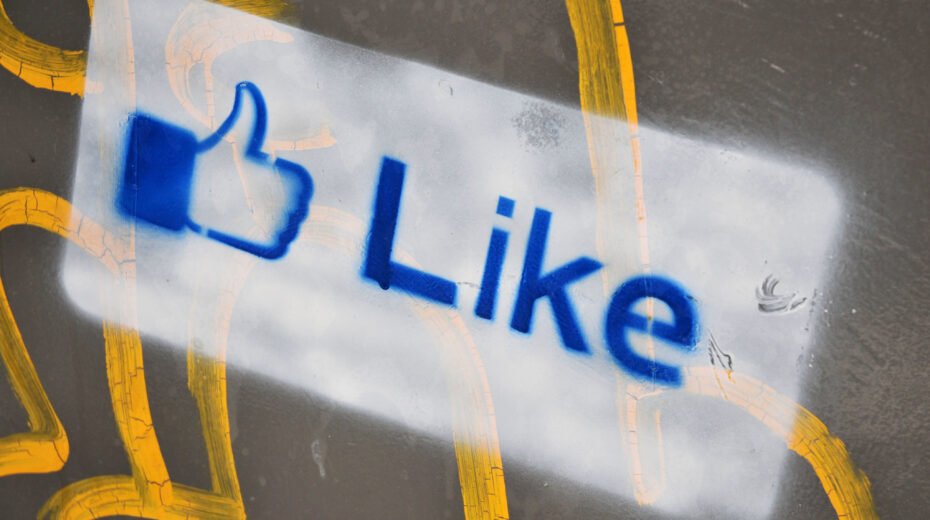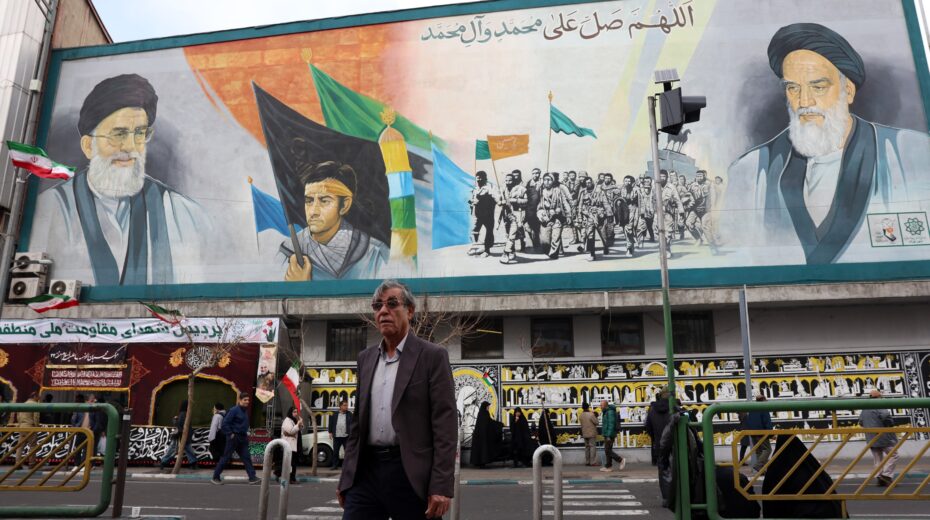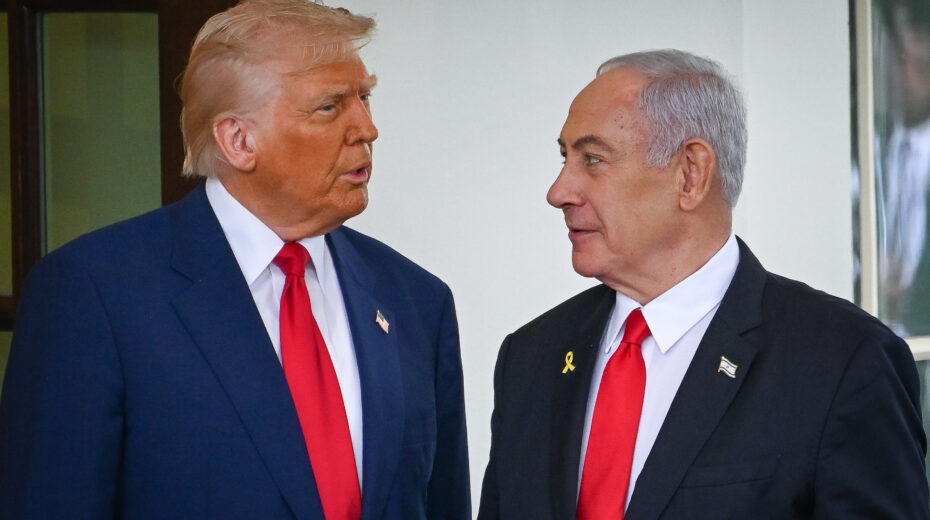(JNS) Zionists and Israel supporters who have spent any time on social media since the Oct. 7, 2023, Simchat Torah massacre have become increasingly frustrated and concerned over the significantly higher amount of anti-Israel sentiment expressed than pro-Israel sentiment.
Pro-Israel social media content creators have been frequent targets of anti-Israel and antisemitic “social media bombings,” where tens, hundreds and sometimes even thousands of accounts, many bots, swarm and “bomb” pro-Israel posts with antisemitic messages.
There is no question that to be pro-Israel online is to be a minority voice among billions of people. Research from Northeastern University reveals pro-Palestinian posts to the social media app TikTok significantly outnumber pro-Israeli posts and follow a very different pattern.
The pattern of pro-Palestinian posts is consistent with a prolonged social movement, the research suggests, while the pattern of pro-Israeli posts is typical of what follows a major news event. The number of pro-Israeli content posted to TikTok has steadily declined since Hamas’s Oct. 7 attack on Israel, the research shows. The opposite has happened with pro-Palestinian content.
According to an analysis by Humanz, a social media research company, 7.39 billion posts with pro-Israeli tags were published on Instagram and TikTok since Oct. 7, 2023, compared to 109.61 billion posts with pro-Palestinian tags. Humanz CEO Liav Refael-Chen commented, “It’s hard not to see that there is money behind this.”
The distribution of posts on these platforms is clearly skewed against Israel, with only 6.3% of them using a pro-Israeli hashtag, and 93.7% using a pro-Palestinian hashtag.
A report in The Economist on social media sentiment found that on Oct. 7, 2023, pro-Israel and pro-Palestinian posts had roughly equal shares of support on social media. By October 19, 2023, pro-Palestinian posts were 3.9 times more common than pro-Israeli posts.
Within two months of Israel’s war in Gaza, Mark Scott of Politico was able to write, “In that sense, the Gaza conflict is no different from other 21st-century wars where dominating the digital media landscape is now part of combatants’ overall strategy to win hearts and minds, engage with like-minded supporters, and count claims from opponents.”
“But what sets the Middle East war apart,” he continued, “is how disproportionate the online messaging has become. It’s hard to generalize because of how unique everyone’s social media experiences have become via algorithms tailored to individual interests. But, on average, there are just much more pro-Palestinian messages on the likes of Instagram, TikTok and YouTube compared with pro-Israeli posts.”
Scott speculated, “Based on the volume of pro-Palestinian content compared with pro-Israeli material (itself, an imperfect science), we can surmise more people, globally, are engaging collectively with those posts—just given the sheer amount of content produced.”
A Washington Post article comparing pro-Israel and pro-Palestinian content surmised that pro-Palestinian hashtags are older and more established, giving them more time to accumulate posts, and that global demographics, particularly in Muslim-majority countries, contribute to higher engagement with pro-Palestinian content.
These statistics have many in the Pro-Israel community increasingly concerned. The Israeli government isn’t sitting by passively. In its latest budget, the Israeli Ministry of Foreign Affairs will receive $150 million, on top of what it gets for its existing activities, for what’s officially known as public diplomacy or hasbara in Hebrew. That sum is more than 20 times what such efforts have typically been allotted in past years.
Many in the pro-Israel community feel the Israeli government isn’t doing enough. They call for a “war room” of soldier media soldiers who pounce on anti-Israel posts with facts and figures that contradict the anti-Israel posts of Israel’s online opponents. Their logic is sound. If IDF soldiers can dominate on the battlefield as they have over the past two years, Israeli social media warriors can dominate the internet.
There are several flaws in the notion that Israel can win the social media war. The most fundamental problem that Israel will always face is numbers. There will always be more people opposing Israel than supporting it. Since Israel will always lose the numbers game, we’ll never be able to answer every tweet.
Even if Israel’s crack unit of social media warriors identified the top five thousand accounts and only answered those, it would never be able to keep up with the comments and responses and any point they’d make in response would be drowned out. In the end, the unit would only be paid attention to by people already supporting Israel. This unit would exist solely in an echo chamber.
The second flaw in the idea of a social media warrior unit is thinking that facts matter on social media. Posts that lie with horrific doctored images win the social media war. Israel will never be prepared to lie and fabricate images to win the social media war. In a war with two sides and only one plays by the rules of decency, we are set up to fail and have no path to succeed.
This pessimistic view might be depressing to some, and maybe even inconsistent with the Zionist ethos of there’s no war Israel can’t win, but it’s important to recognize that in the greater scheme of things, the battles on social media don’t really matter.
Although the subject hasn’t been sufficiently studied to fully rely on already established assumptions, early research on the effect social media has on public opinion and policy suggests that social media does not significantly fuel political polarization or public opinion.
These studies lead to the conclusion that social media amplifies existing divisions rather than creating them. As one researcher stated about their findings, “These results should alleviate the widespread worry that social media is a major driver of polarization in society”.
Real-life battles that change facts on the ground are fought on the battlefield and in the capitals of the nations of the world, especially the United States Congress. Contrary to contemporary fears, members of Congress do not follow social media sentiment when forming policy on Israel. While there will always be members of Congress who trade in their values for the next microphone or more likes on Instagram, most members of Congress base their decisions on the US-Israel relationship with American national security in mind. A strong relationship with Israel is in America’s national security interest and that is why it has strong support in Congress.
Scrolling through a timeline full of hundreds and thousands of anti-Israel and antisemitic posts is disturbing and can lead the social media consumer to fret that the entire world is against Israel. It’s important to recognize many, if not most, of these posts are bots, the product of a paid campaign, or posted by a collection of losers with little to no influence on the real world.
Ceding the social media “battlefield” to Israel’s enemies isn’t a loss for Israel, but a recognition of social media’s insignificance.
Want more news from Israel?
Click Here to sign up for our FREE daily email updates














